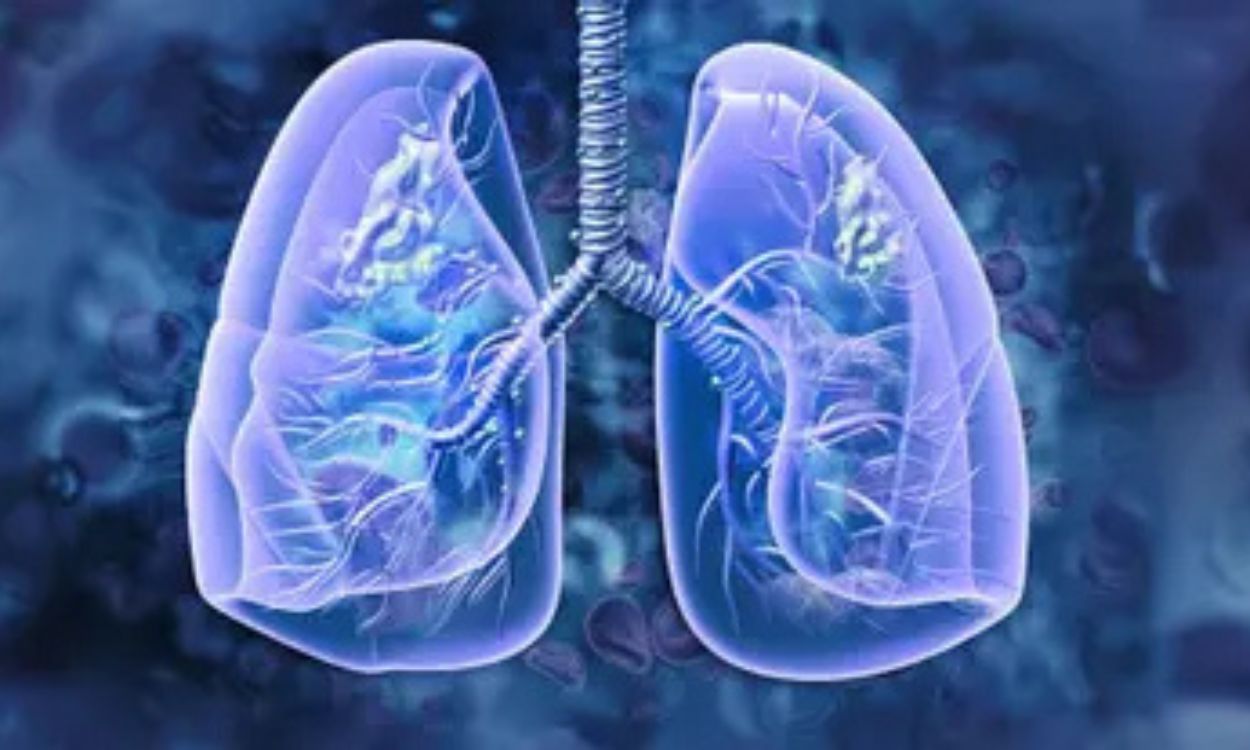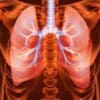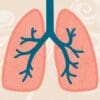Breathe Easy: How Air Pollution Affects Lungs and the Solution You Need
Air pollution is a growing concern worldwide, but its impact on individuals with weakened lung defenses is particularly severe. In an environment where the air we breathe is increasingly tainted with pollutants, understanding how it affects our respiratory health is crucial. This blog explores the consequences of air pollution on lung health and how individuals with pre-existing conditions can protect themselves.
Air Pollution and Lung Health
Air pollution consists of a mixture of solid particles and gases in the air, including car emissions, factory discharge, dust, pollen, and mold spores. These pollutants are often invisible to the naked eye but can play havoc with our respiratory system. For individuals with weakened lung defenses, such as those suffering from chronic obstructive pulmonary disease (COPD), asthma, or other lung conditions, the effects are more pronounced.
Why It Matters
1. Increased Inflammation: Pollutants like particulate matter (PM2.5 and PM10) and nitrogen dioxide can cause inflammation of the airways, leading to exacerbated symptoms in lung patients.
2. Reduced Lung Function: Long-term exposure to polluted air can result in decreased lung function, making breathing more laborious and less efficient over time.
3. Higher Infection Risks: Airborne pollutants can weaken the immune system, making the lungs more susceptible to infections, which can be particularly dangerous for those already dealing with lung conditions.
Impact on the Indian Population
India faces significant air pollution challenges due to industrialization and urbanization. Cities like Delhi and Mumbai often report poor air quality indices (AQI), affecting millions. For a population with a high prevalence of respiratory conditions, this exacerbates the public health crisis. Children, the elderly, and those with pre-existing lung conditions are especially at risk, with hospital admissions for respiratory and cardiac issues spiking during high pollution days.
Protecting Your Lungs
Individuals must take proactive steps to safeguard their respiratory health. Here are some strategies to consider:
– Regular Check-Ups: Routine medical check-ups can help monitor lung function and catch potential issues early.
– Indoor Air Quality: Use air purifiers and keep homes well-ventilated to reduce indoor pollutants.
– Reduce Exposure: Wear masks during high pollution days and avoid outdoor activities when the AQI is poor.
– Healthy Lifestyle: Maintain a balanced diet and regular exercise routine to help strengthen your immune system.
Fitpaa: Your Partner in Health
At Fitpaa, we recognize the importance of holistic health management. Our AI-driven technology and expert health team provide personalized fitness and health solutions, ensuring your body’s defenses are at their peak. With the Fitpaa app, you can access:
– Metabolism Monitoring: Understand how air quality affects your metabolism and tailor your fitness regimen accordingly.
– Personalized Health Plans: Receive customized health capsules that incorporate medical, nutritional, and fitness guidance.
– Real-Time Health Insights: Get updates and tips to maintain optimal health even amidst environmental challenges.
By integrating Fitpaa into your daily routine, you’re not only combating the effects of pollution but also optimizing your overall well-being. Download the Fitpaa app today and take control of your health journey, ensuring you and your loved ones breathe easier every day.











